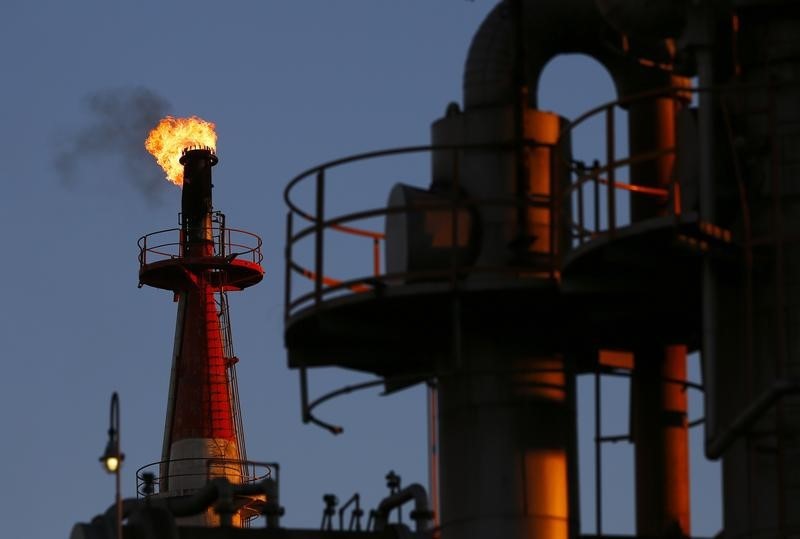By Senad Karaahmetovic
Citi strategist Francesco Martoccia is projecting a substantial pullback in oil prices in case recession fears come to fruition.
The strategist took note of similarities in the current energy environment with the energy crises of the ‘70s, shaped by the OPEC oil embargo (1973-74) and the further spike along with the Iran-Iraq War (1980).
However, Martoccia also discussed the similarities “with the deflationary aspects of the Great Financial Crisis”.
“Like then, so today high energy prices preceded the events that triggered a recession. Brent crude oil breached $140/bbl in Jul’08, equivalent to over $160/bbl in real terms, only to fall to $40/bbl by year-end before re-balancing at $90/bbl deferred and remaining there for the next four years,” the strategist told clients in a note.
Citi sees the recession as “increasingly likely”.
“In a recession scenario with rising unemployment, household and corporate bankruptcies, commodities would chase a falling cost curve as costs deflate and margins turn negative to drive supply curtailments. Recessions see commodity demand decline and surpluses develop. Surpluses require prices to fall until supply is curtailed, falling below production costs to restore equilibrium. During recessions, production costs tend to fall, as energy prices are important cost inputs to other commodities, creating a procyclical downward loop for prices.”
A substantial weakness in oil demand should translate into higher inventories and ultimately weaker oil prices. Ultimately, Martoccia expects to see the oil prices fall to $65/bbl by year-end and potentially to $45/bbl by end-2023.
This forecast is dependent on the OPEC+ making no interventions and a decline in short-cycle oil investment, Martoccia concluded.
